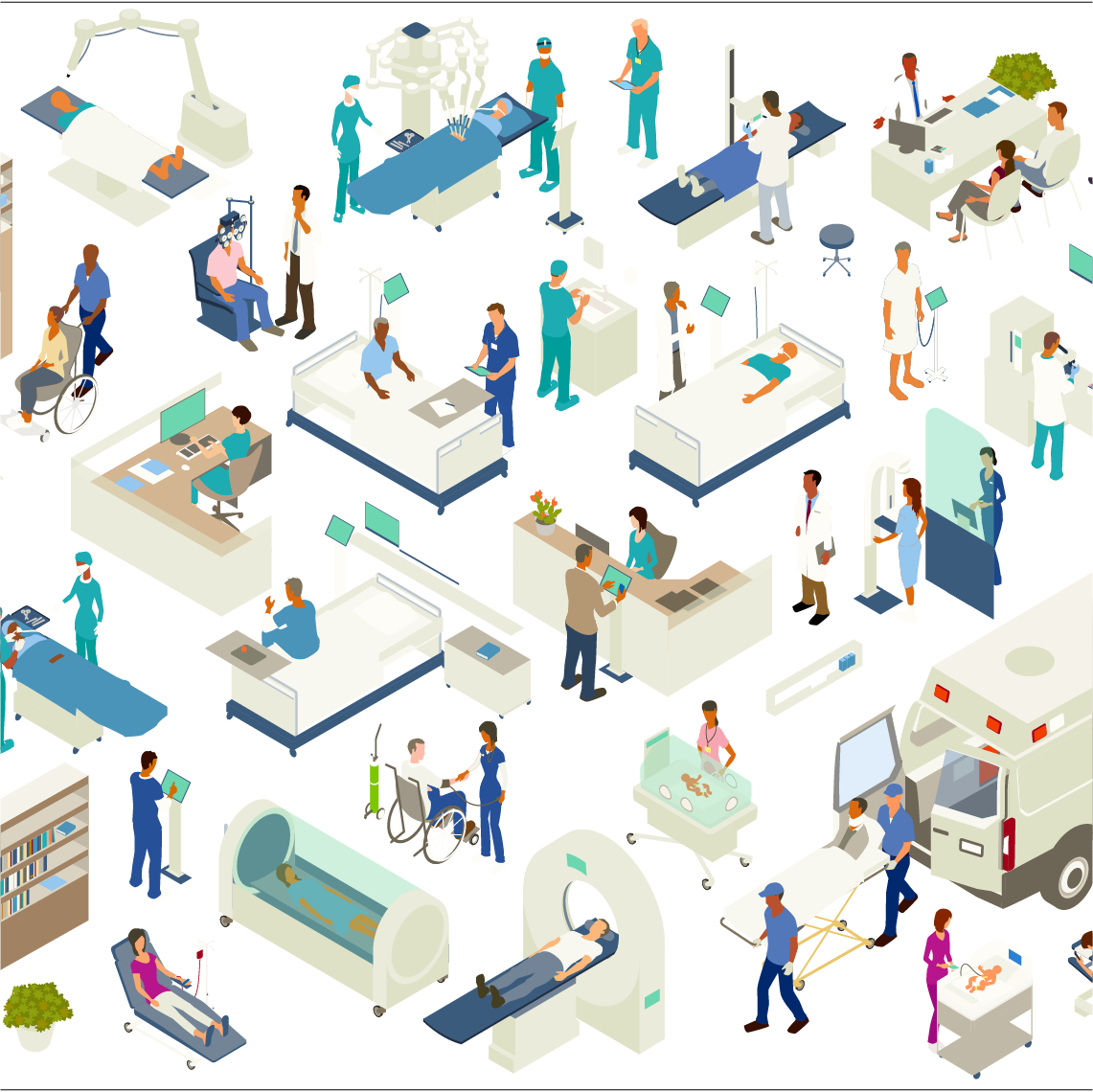Newsletter
Patient Safety in Labor and Delivery: Managing Complex Conditions in a Complex Environment
Dec 28, 2012

Patient Safety Alert 9: Patient Safety in Labor and Delivery: Managing Complex Conditions in a Complex Environment (PDF)
The AMC PSO in conjunction with CRICO’s Patient Safety Department has continued to analyze OB-related malpractice claims along with real-time root cause analysis information to identify trends, respond to present system vulnerabilities, and educate members on new emerging risks.
Alert
Issues related to management of second stage labor predominate and are addressed below:
- Human Factor Issues: Failure to accurately assess and document maternal-fetal status including: cervical dilation, effacement and membrane status, and fetal heart rate pattern


AMC PSO
Our Patient Safety Organization convenes clinical leaders to identify and mitigate emerging risks.
Learn with us

More AMC PSO Content
Publications such as whitepapers and guidelines derived from the AMC PSO convenings.
No Surgical Items Left Behind
Newsletter
While the occurrence is rare, Massachusetts reported rising rates of retained surgical items over the past several years.


Medication Administration in the Ambulatory Setting
Newsletter
Patient Safety Alert Issue 26: The AMC PSO convened a panel of nursing leaders to review risks in the medication delivery processes in the ambulatory setting and discuss potential interventions aimed at mitigating the risks associated with medication administration.

Patient & Visitor De-escalation
Newsletter
Patient Safety Alert Issue 25: The AMC PSO convened a panel of safety leaders to review recent trends and discuss novel interventions to mitigate the risk for hospital workplace violence, especially from patients and visitors.

Electronic Health Record Risks in the Emergency Department
Newsletter
Patient Safety Alert Issue 27: The AMC PSO convened a panel of Emergency Medicine thought leaders to identify significant areas of concern and to explore potential mitigation strategies for use of electronic health record risks in the Emergency Department
Establishing a Regional Registry for Neonatal Encephalopathy: Impact on Identification of Gaps in Practice
News
Neonatal encephalopathy continues to be a significant risk for death and disability. To address this risk, regional guidelines were developed with the support of CRICO. A neonatal encephalopathy registry was also established. The aim of this study was to identify areas of variation in practice that could benefit from quality improvement projects.

Postpartum Malpractice Claims: Can We Understand Preventable Harms and Socioeconomic Factors?
News
Candello Member
In a multifactorial study, The Doctors Company (a Candello member organization) investigated postpartum claims to develop clinical recommendations to decrease the risks of postpartum morbidity and mortality.

Utilization of Electronic Health Record Sex and Gender Demographic Fields: A Metadata and Mixed Methods Analysis
News
CRICO Grants
This CRICO co-funded retroactive study published in the Journal of the American Medical Informatics Association analyzed the records of patients 18 years of age or older in the Mass General Brigham health system with a first Legal Sex entry (registration requirement) between 2018 and 2022. The study was important because “Sex and gender demographic data are widely viewed as essential to providing culturally responsive gender affirming care and facilitating research and public health interventions.”

Ambulatory Safety Nets: Protecting Providers and Promoting Safety with Systems to Reduce Delayed Cancer Diagnoses
News
CRICO Grants
Ambulatory safety nets (ASNs) are person-centered programs that provide a highly reliable backup system for following up on abnormal test results when the standard follow-up process fails. Co-authored by CRICO’s Pat Folcarelli RN, MA, PhD, and Luke Sato, MD, this article about ASNs was featured in Inside Medical liability Online.
